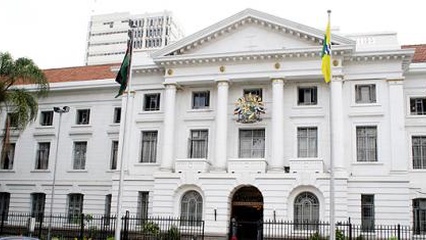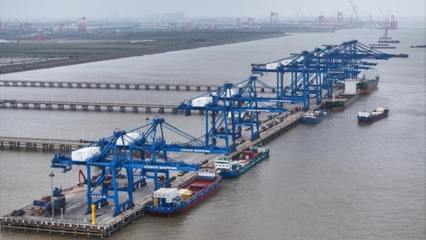National, County Governments Breach Wage Bill Cap as Salaries Crowd Out Development Spending

Counties are struggling to rein in their wage bills, with personnel costs consuming nearly half of revenues and breaching the 35% cap..
✨ Key Highlights
Kenyan national and county governments are consistently breaching the 35% wage bill cap, with salaries significantly outpacing revenue growth and crowding out development spending. New data from the Salaries and Remuneration Commission (SRC) highlights a critical fiscal challenge as personnel costs consume a disproportionate share of public funds.
- County governments' wage bill-to-revenue ratio reached a peak of 54.7% in the third quarter of the financial year ending June 2025, far exceeding the legal threshold. It is projected to close the year at 48%.
- The national government's wage bill, while more contained, also frequently breached the 35% cap relative to ordinary revenue, surging to 43.7% in the third quarter.
- The public sector workforce expanded by 3.1% in 2024, surpassing one million employees for the first time, with the Teachers Service Commission (TSC) remaining the largest employer at 410,700 employees.
Continue Reading
Read the complete article from The Kenyan Wall Street
Part of the Day's Coverage
SRC, CBK, and KAM Reports Flag Fiscal Pressures and Economic Risks in Kenya - September 2025
Several reports have highlighted significant fiscal and economic challenges within Kenya. The Salaries and Remuneration Commission (SRC) released new data showing that national and county governments are consistently breaching the 35% wage bill cap, with personnel costs crowding out development spending. In the financial sector, a Central Bank of Kenya (CBK) stress test revealed that Kenyan banks face significant risks from rising non-performing loans (NPLs) and cyber-attacks, with smaller lenders being particularly impacted. Separately, the Kenya Association of Manufacturers (KAM) stated that the country's manufacturing sector is under severe pressure from a flood of cheap imports and counterfeits. According to KAM, these illicit trade practices are eroding the competitiveness of local industries and forcing some businesses to shut down or relocate.












